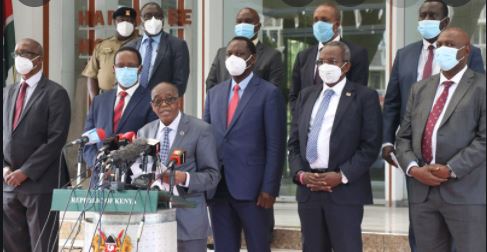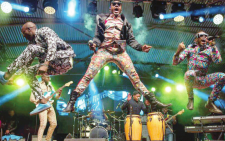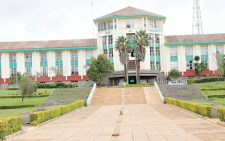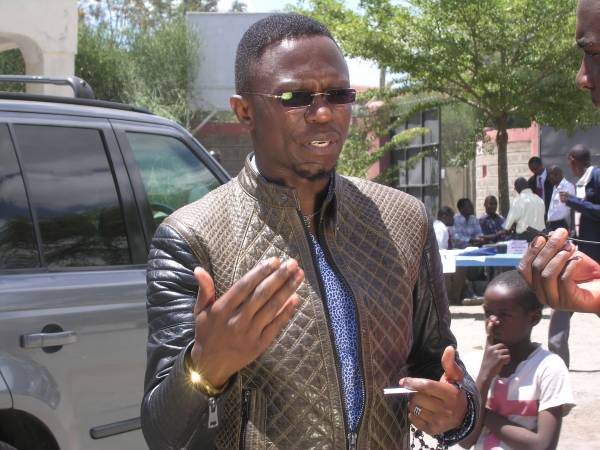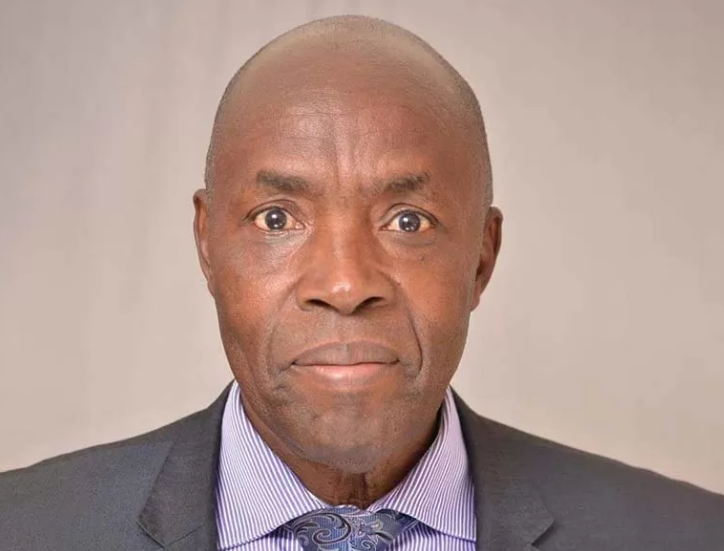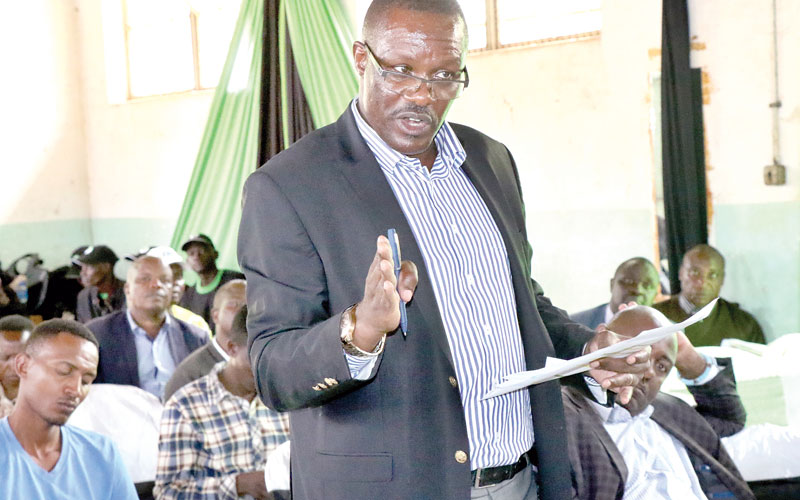NSAC admits meeting poll officials, not influence bid
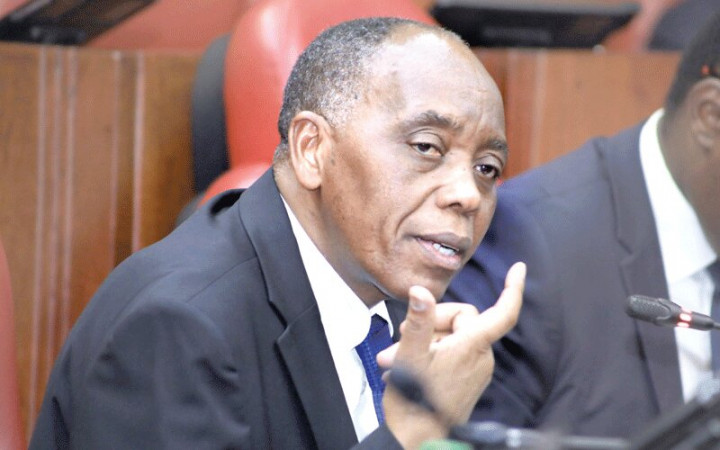
Drama and controversy surrounding the Supreme Court Presidential Election Petitions continued to deepen on Monday with the National Security Advisory Council (NSAC) now denying claims of trying to influence the outcome of the Presidential elections as claimed by the Chairperson of Independent Electoral and Boundaries Commission Wafula Chebukati.
The NSAC team through chairman and Head of Public Service Joseph Kinyua and Principal Administrative Secretary at the Office of the President, Kennedy Kihara admitted meeting IEBC Chairman Wafula Chebukati on August 15 at the Bomas of Kenya where the presidential votes were being tallied and announced.
Chebukati last week in an affidavit and in response to Azimio-One Kenya petition claimed the NSAC delegation composed of Kihara, Solicitor General Kennedy Ogeto, Inspector General of Police Hillary Mutyambai and Lieutenant General Francis Omondi Ogolla who is the Vice-Chief of Defence Forces went to see him at Bomas and tried to influence him to doctor the results.
Chebukati had claimed that prior to the arrival of the team, he had received a call from Kinyua informing him that he had sent a team that would like to discuss “Assumption of Office.”
The IEBC chairman noted the message was relayed by Kihara, who cautioned that if he declared William Ruto as the President-Elect, ‘the country is going to burn’.
Yesterday, however, in two affidavits filed at the Supreme Court through the AG, Kinyua and Kihara denied the accusations terming them as sensational allegations, which were not only serious but also damaging as they cast aspersions on critical institutions and offices within the framework of government in the country.
Kihara who swore the affidavit on behalf of the NSAC team, admitted to have led a delegation of the NSAC to attend a meeting with IEBC commissioners at the National Tallying Centre at Bomas of Kenya.
He, however, claims the said meeting was by the fact NSAC, in the discharge of its mandate, had become seized of information to the effect that the delays in declaring the results of the presidential election, and the manner in which the results were being transmitted, including the page of the public display of the results, had generated considerable public anxiety and tension and risked creating the opportunity for chaos, violence and insecurity in parts of the country.
“The NSAC had noted at the time of requesting for the meeting, it was not clear whether IEBC and the chairperson would be able to meet the said timelines, or whether they were facing any challenges, given that the public display of results had been stopped abruptly and that there was no public on the same. The delay in declaring the result of the presidential election, while lawful, was particularly long and unprecedented in Kenya’s electoral history,” claimed Kihara in an affidavit.
Kihara denied the NSAC had any role in the election process beyond providing advice on security issues around the election, and developing strategies to ensure the country remained safe and secure during the election period.
“These roles were discharged with a clear understanding that the Constitution and the Elections Act make detailed provision for the process of electing the President and the threshold for declaring a candidate the President…As the leader and spokesperson of the above-named delegation, I did not at any time during the meeting urge and or implore IEBC and its Chairperson to declare results in favour of any particular candidate in the presidential election,” he claimed in court documents.
Kinyua and Kihara say their presentation to IEBC, on behalf of the NSAC, concerned the need to expedite the process of declaring the result and ensuring transparency in order to avert public anxiety and suspicions that were gradually beginning to degenerate into chaos and violence in various parts of the country.
Kinyua on his part admitted to have called Chebukati on August 15, to inform him of a decision by the NSAC to send a team to meet with him and IEBC Commissioners for purposes of discussing security implications surrounding the transmission, tallying, verification and declaration of the results of the presidential election.
